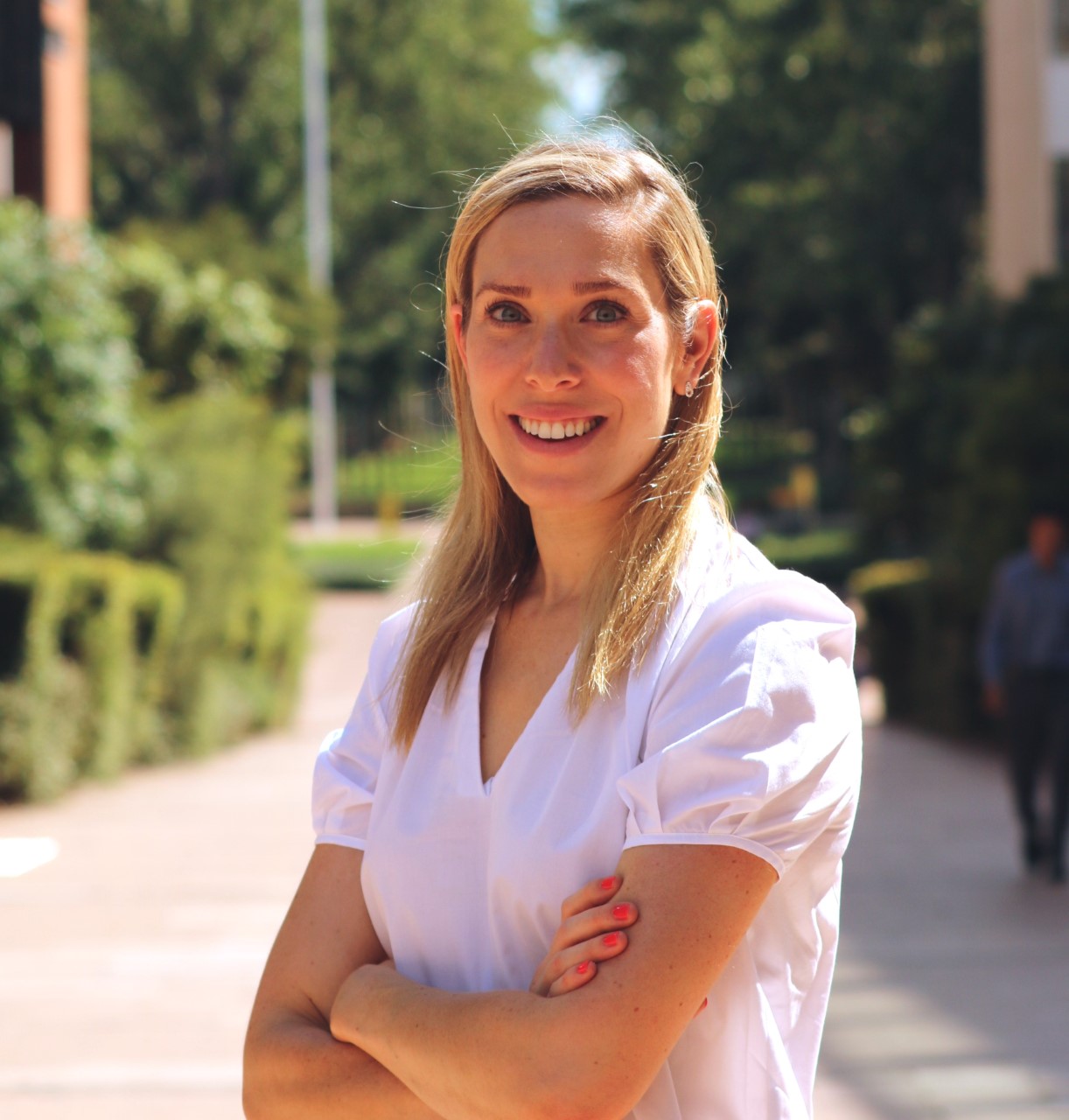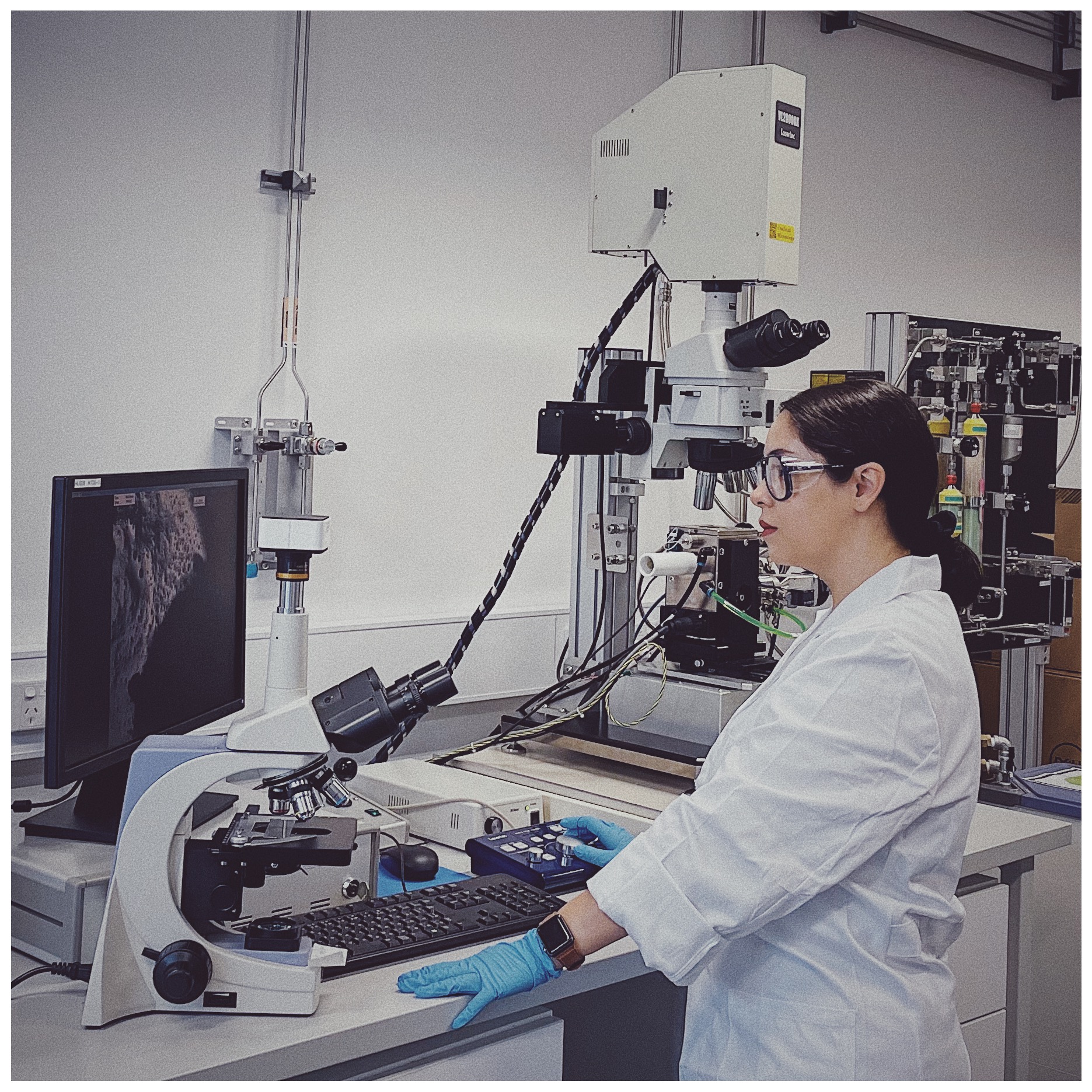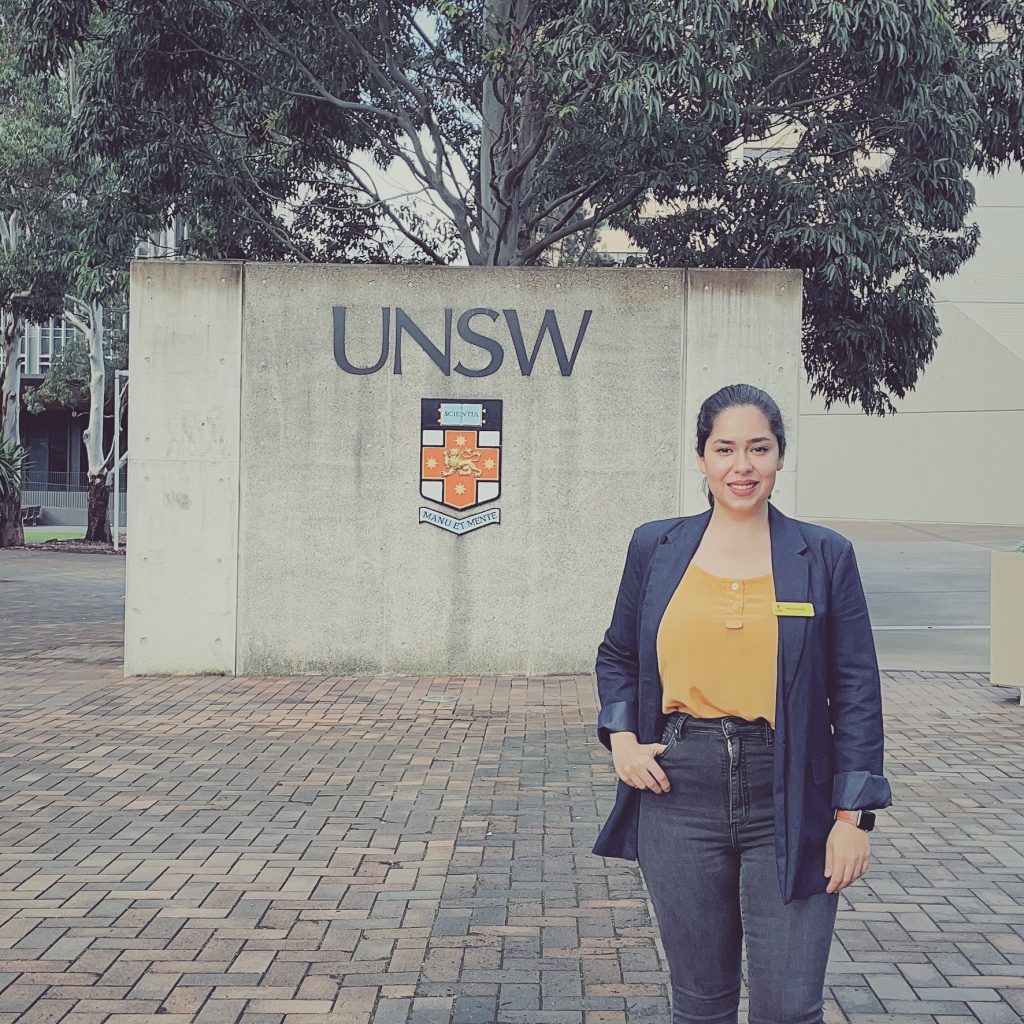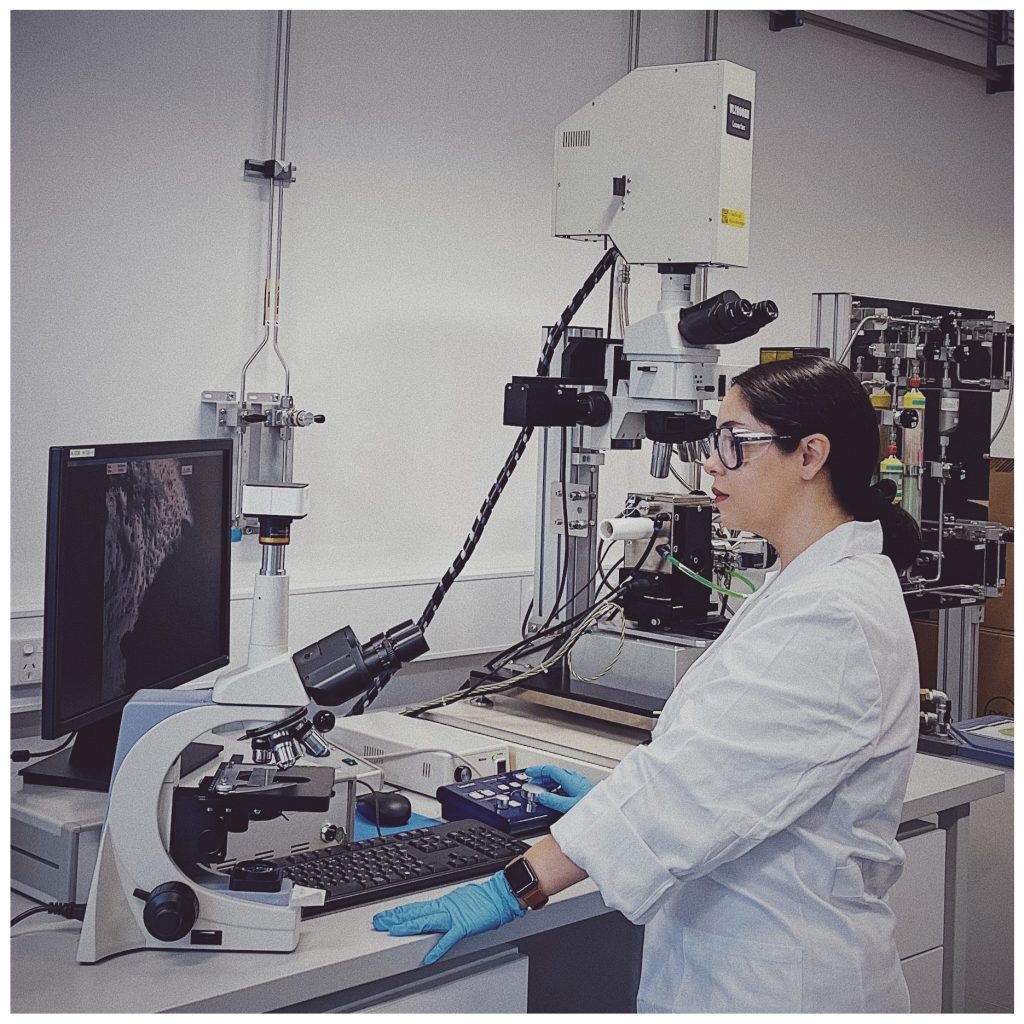by Charuni Pathmeswaran
Tehilla grew up in Israel, moved to Switzerland at 21 to attend university. After completing her bachelor’s in psychology and her master’s in economics and decision making in Switzerland, she moved to Australia with her two kids to pursue a PhD in cognitive psychology. Her research looks into how risk-taking is related to other choice behaviour such as the appetite for information.
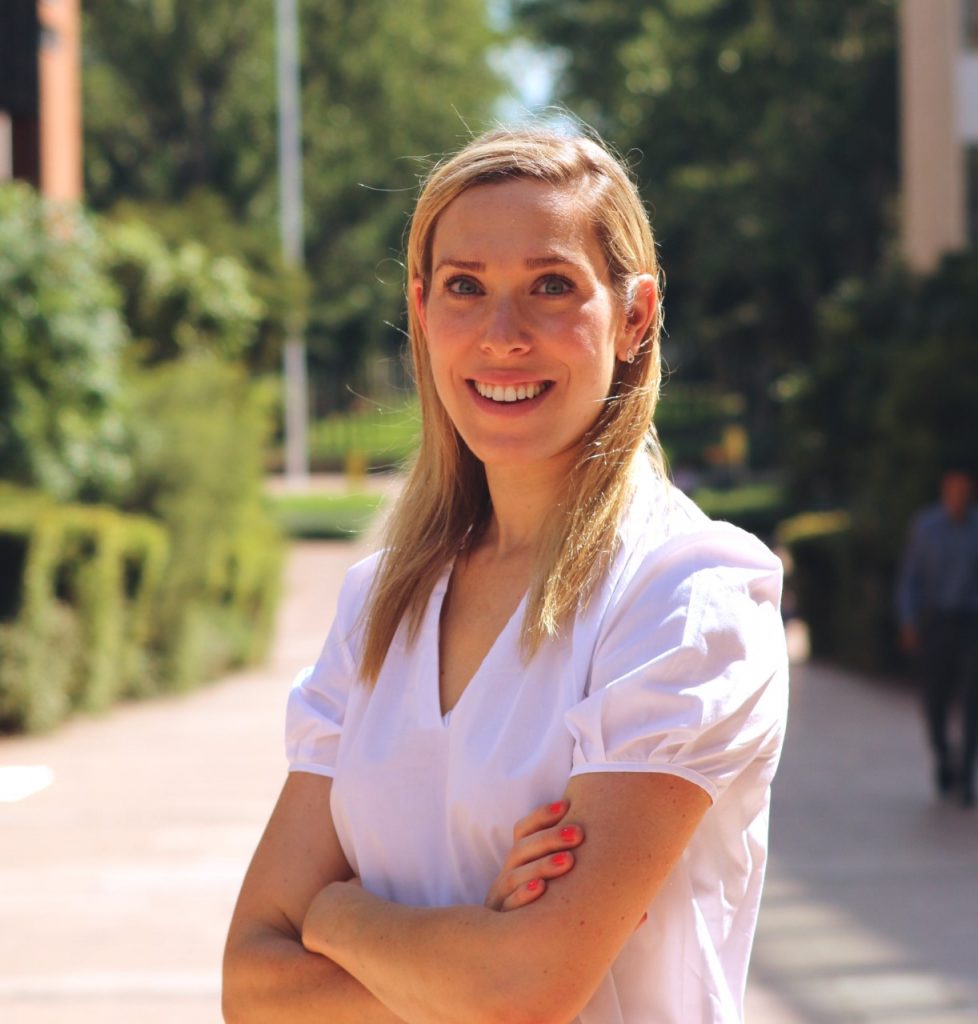
What drew you to this particular field?
I was really interested in trying to be able to break down decision-making problems into their basic structure, thereby extrapolating this understanding to further decision-making situations. I also wanted to gain skills such as critical thinking. My research has given me new perspectives on decision-making and on critical thinking which are beneficial to my everyday life.
What excites you most about your field?
It’s a combination of well-defined experimental design (which teaches me to really think through every part of the research question) and the methodology applied in the field of cognitive psychology. This is expressed, for instance, in the way data analysis is applied. Our analysis goes beyond existing statistical tests and aims to explain and predict the cognitive processes involved in the examined decision-making situation. The fact that I’m involved in this type of data analysis excites me. I never thought I’d be able to perform such analyses.
What do you find most challenging about the work you do and how do you tackle it?
The cognitive modelling part is quite challenging. It requires not just good coding skills but also a profound understanding on cognitive models, what and how they work. To overcome this challenge, I usually spot a knowledgeable person (currently my supervisors) and learn as much as I can from them. It’s a mix of an initial overoptimism when a challenge is presented to me and my determination to overcome it that helps me tackle most of my challenges.
What are your interests outside of science?
I read whenever I can. I’m currently reading ‘The Beginning of Infinity’ by David Deutsch, which is about the philosophy of science. We started a reading group in our lab to read the book and discuss it. Apart from reading, I enjoy travelling. I also work out daily, which improves my mental and physical well-being.
What are you most proud of in your career so far?
The fact that I graduated my master’s degree cum laude in a language that was not my native tongue. Achieving this in an environment that is completely unfamiliar to me linguistically and culturally is something I’m proud of.
Words of advice for young women interested in pursuing a career in STEM?
My best advice is to encourage curiosity. We all have it. Rote learning destroys curiosity. The core of science is asking questions simply because we are curious to know the answer to them. What I can offer specifically for young girls is: follow your curiosity and the subjects that spark the light in you. Aim to decide on your career path independently of what is understood under traditional female occupations.
What would you like to see change in the future for women in STEM?
When tackling a problem, some people see existing problems less as a problem and more as a challenging and fun game. I would like to see the playfulness in problem-solving being incorporated in the STEM subjects. I think that this will encourage girls (and boys) to choose these subjects more often.

